Project 2024 Edition

Street sports and culture movement “Ghetto Games”
A project supported by: Freeport of Riga Authority
Completion date: 2023

To sum up
Since 2009, the Freeport of Riga has been committed to supporting the organization of street sports and cultural events, to improve the urban and social environment of disadvantaged urban areas. The partnership with the Ghetto Games organization has made it possible. Public spaces dedicated to street sports such as football, basketball, hip-hop, skateboarding, BMW, and inline skating have been developed in one of Riga’s most underprivileged neighborhoods. The Ghetto Games movement has positively influenced the urban environment, thanks to the development of these sports facilities and the involvement of young people in voluntary activities.
This example of successful cooperation between the Freeport of Riga and the Ghetto Games team has played a crucial role in reducing violence and drug abuse while improving the social capital of the port city.
Thanks to the financial support of the Riga Port Authority and the active involvement of its employees, the Ghetto Games have extended this movement beyond the borders of Latvia, becoming the largest street sports and cultural movement in Eastern Europe. Each year, they involve around 10,000 participants and some 200 volunteers aged between 13 and 25.
Positioning of the project in relation to the Agenda 2030’s goals*
*According to the Freeport of Riga
| Directly related | Indirectly related | Not related | |
| Goal 1: Climate change adaptation | x | ||
| Goal 2: Energy transition & circular economy | x | ||
| Goal 3: Sustainable mobility | x | ||
| Goal 4: Renewed governance | x | ||
| Goal 5: Investing in human | x | ||
| Goal 6: Port Culture & Identity | x | ||
| Goal 7: Quality food for all | x | ||
| Goal 8: Port city interface | x | ||
| Goal 9: Health & life quality | x | ||
| Goal 10: Protecting biodiversity | x |
Learn more about the AIVP commitment: Commitment – AIVP
Outstanding features:
- Creation of public spaces and recreational and cultural facilities for street sports,
- Sport and leisure are used as a means of social integration and cohesion,
- Development of practical and emotional skills through sports and voluntary work, to help people find employment, create a sense of belonging to the local community, and help retain talents.
Images of the project
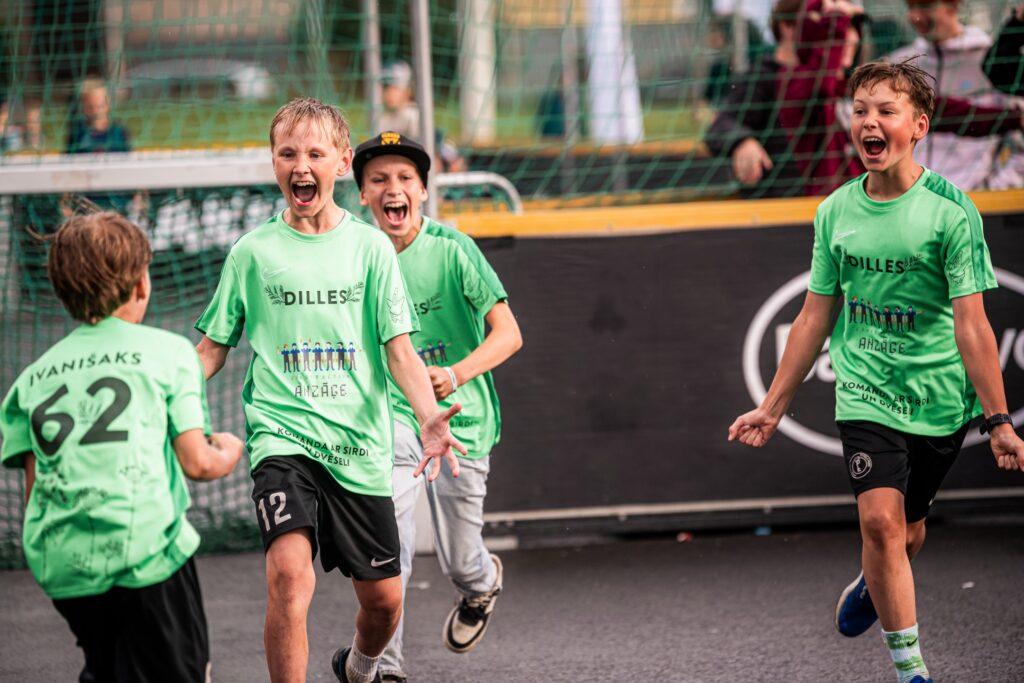
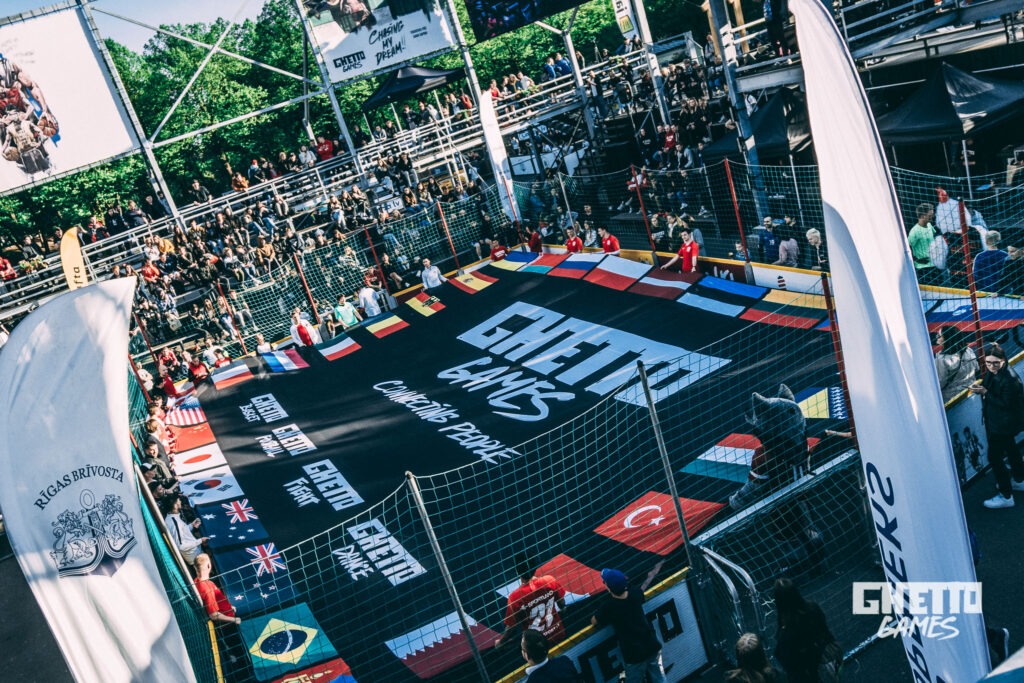
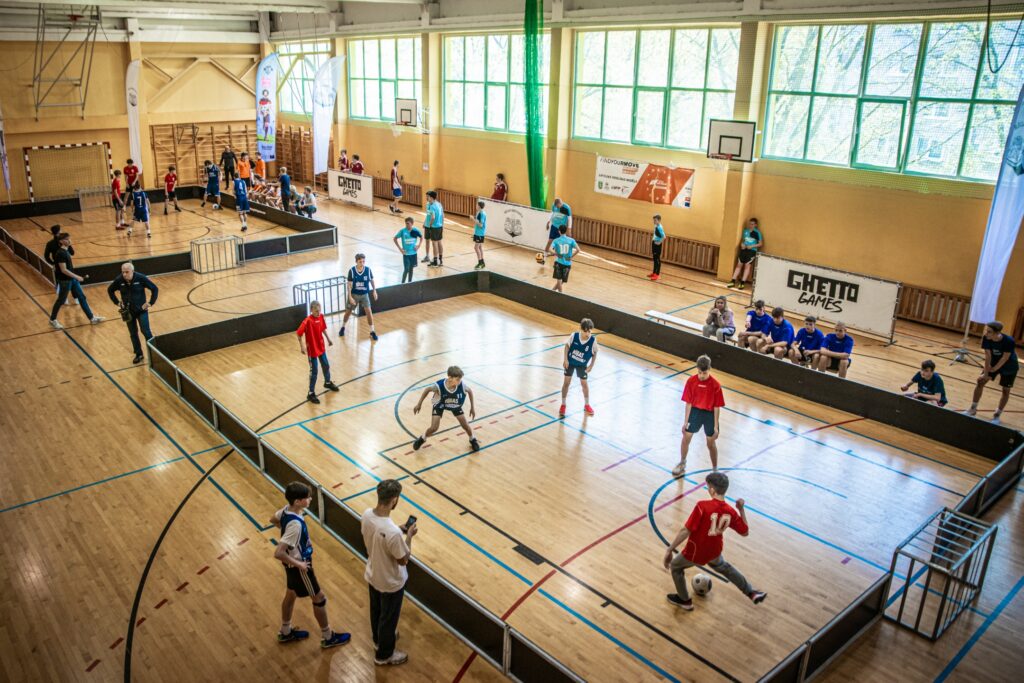
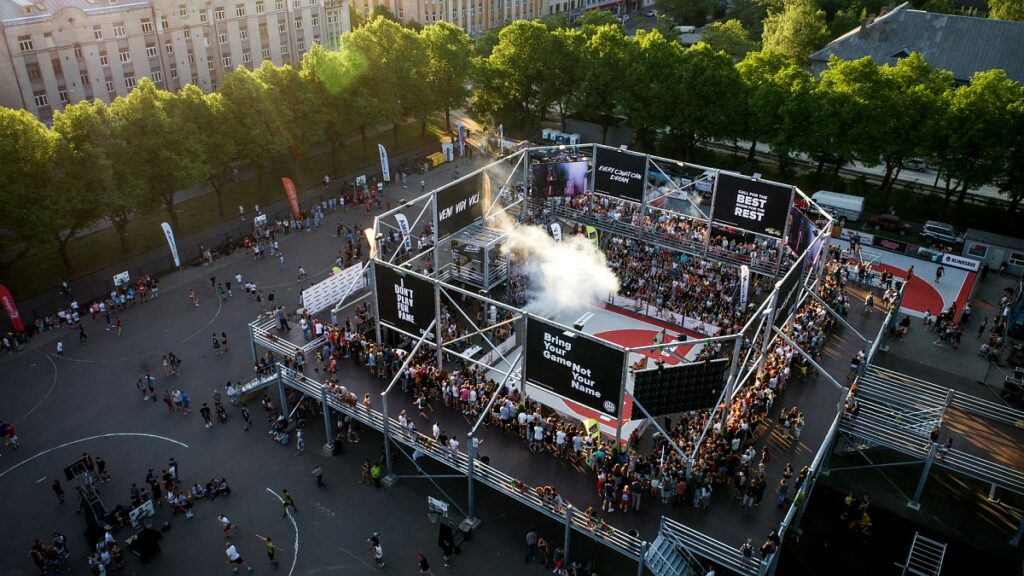
About the Freeport of Riga
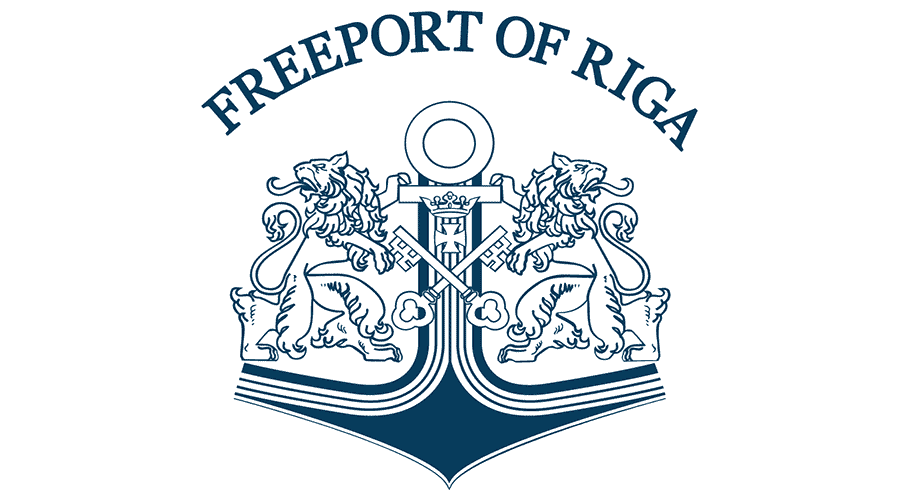
The Freeport of Riga is the largest port in Latvia. As a multifunctional port, it plays a central role in the country’s economic development. On a local level, the port is an active player in the port-city relationship, setting up and/or supporting initiatives such as educating the public about port activities, improving the life quality of the city’s inhabitants, and preserving cultural and historical heritage.
Back to projects